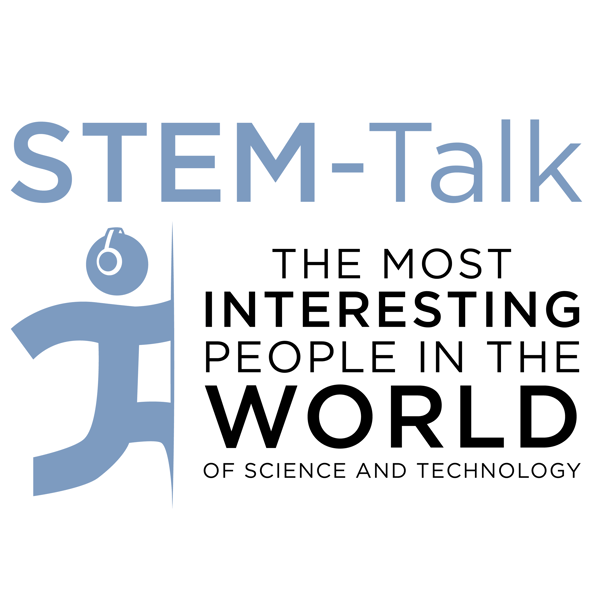Episode 157: Don Layman on the role of dietary protein in muscle, health, and disease
STEM-Talk
Dawn Kernagis and Ken Ford
4.6 • 694 Ratings
🗓️ 14 September 2023
⏱️ 75 minutes
🧾️ Download transcript
Summary
Transcript
Click on a timestamp to play from that location
| 0:00.0 | Welcome to STEM Talk. |
| 0:02.0 | Stem Talk. |
| 0:03.0 | Stem Talk. |
| 0:04.0 | Stem Talk. |
| 0:05.0 | Welcome to Stem Talk, where we introduce you to fascinating people who passionately inhabit the scientific and technical frontiers of our society. |
| 0:15.0 | Hello, I'm your co-host, Marcus Baum, and Director of Health, Ban Resilience and Performance Research at IHMC. |
| 0:21.3 | Joining me to introduce today's podcast is the man behind the curtain, Dr. Ken Ford, |
| 0:25.4 | IHMC's Director and Chairman of the Double Secret Selection Committee that selects all of |
| 0:30.0 | the guests who appear on STEM Talk. |
| 0:32.2 | Hello, Marcus, great to be here. |
| 0:34.5 | Today we have one of the world's foremost authorities on dietary protein and amino acids, |
| 0:39.8 | Dr. Donald Lehman. Don is known for his extensive research on muscle development, as well as his |
| 0:45.6 | studies of metabolic regulation, with implications for obesity, diabetes, and cardiovascular disease. |
| 0:52.7 | Don is a professor emeritus in the Department of Food Science and Human Nutrition at the University of Illinois, Urbana-Champaign. |
| 0:59.0 | He spent 31 years on the faculty before stepping away in 2012. |
| 1:03.0 | Much of Don's research over the years investigated the impact of diet and exercise on adult health problems, |
| 1:09.0 | again related to obesity, type 2 diabetes, |
| 1:12.1 | and metabolic syndrome. His lab at Illinois particularly focused on understanding how metabolism |
| 1:16.8 | works. He conducted clinical trials for nearly two decades, helped create a new understanding |
| 1:22.0 | regarding how to optimize people's macronutrient balance and metabolism. In addition to his work on metabolism, |
| 1:29.5 | he has conducted extensive research on how to enhance body composition, energy levels, and monitor |
| 1:34.8 | blood sugar. Today, he serves as director of research for the American Egg Board and as a nutrition |
... |
Please login to see the full transcript.
Disclaimer: The podcast and artwork embedded on this page are from Dawn Kernagis and Ken Ford, and are the property of its owner and not affiliated with or endorsed by Tapesearch.
Generated transcripts are the property of Dawn Kernagis and Ken Ford and are distributed freely under the Fair Use doctrine. Transcripts generated by Tapesearch are not guaranteed to be accurate.
Copyright © Tapesearch 2025.

